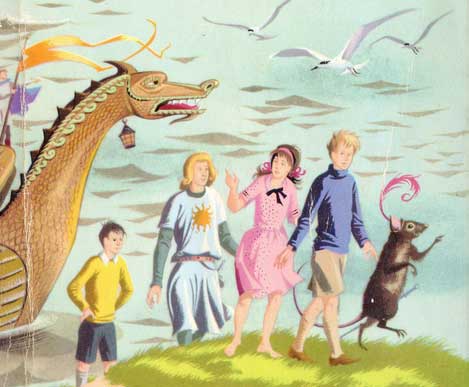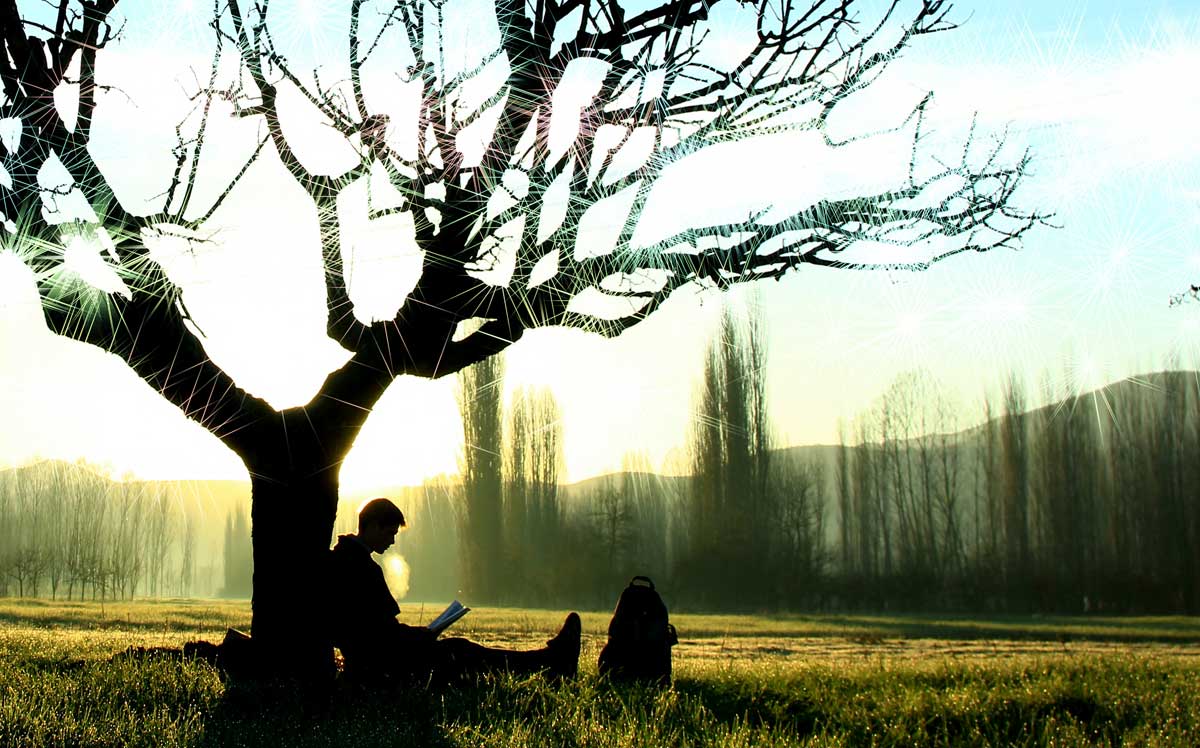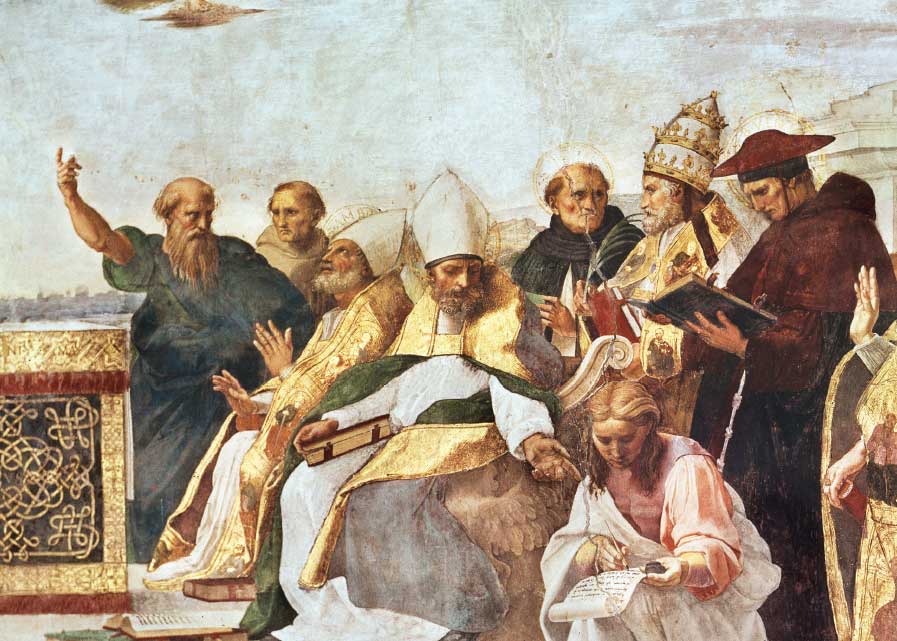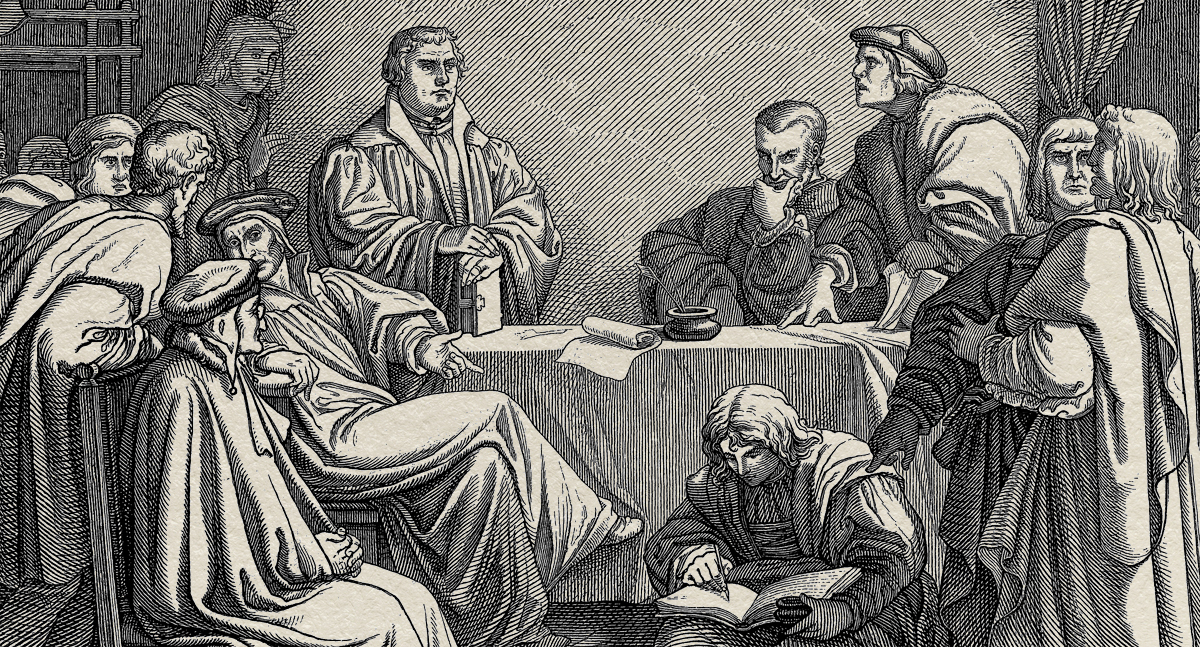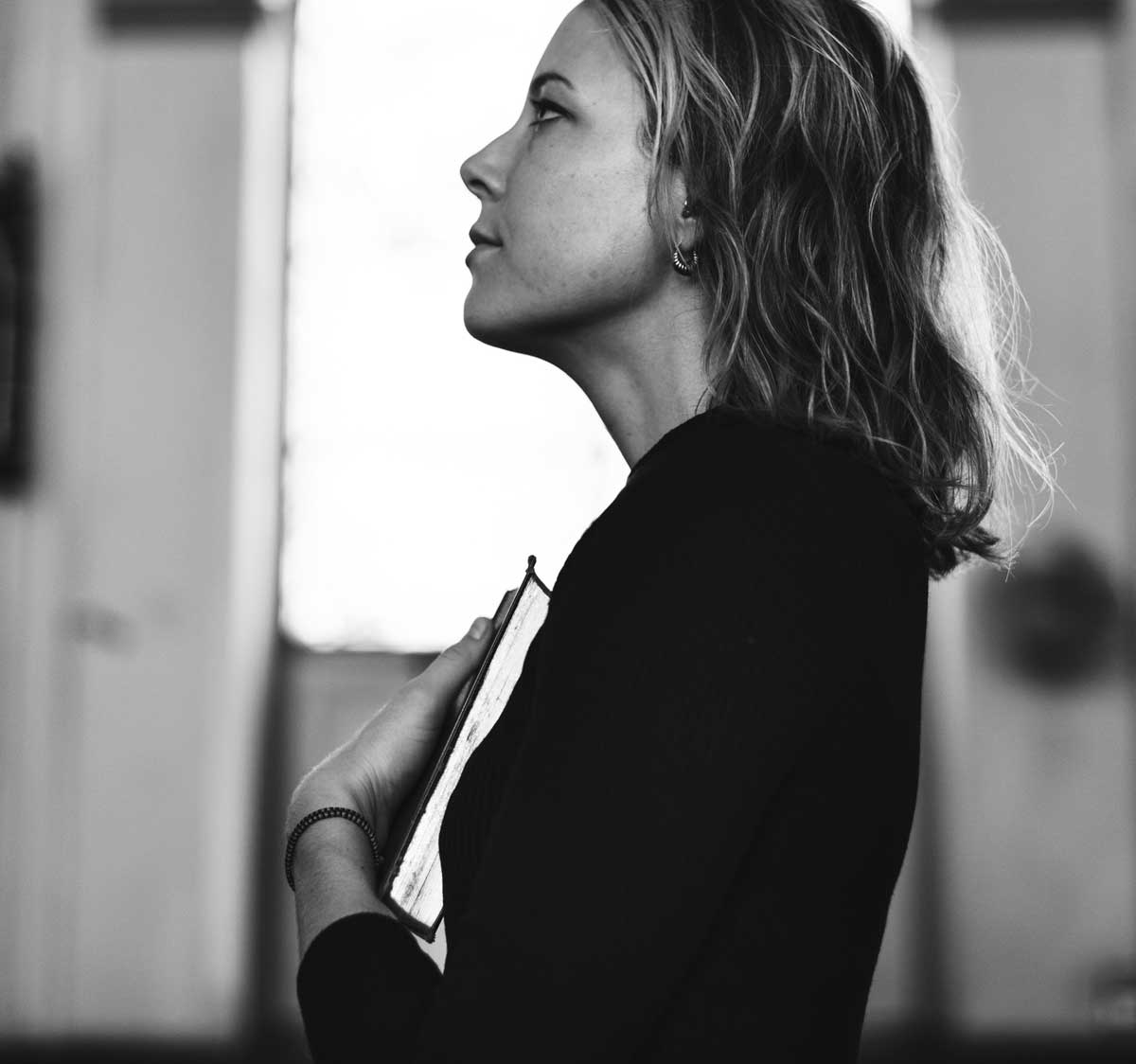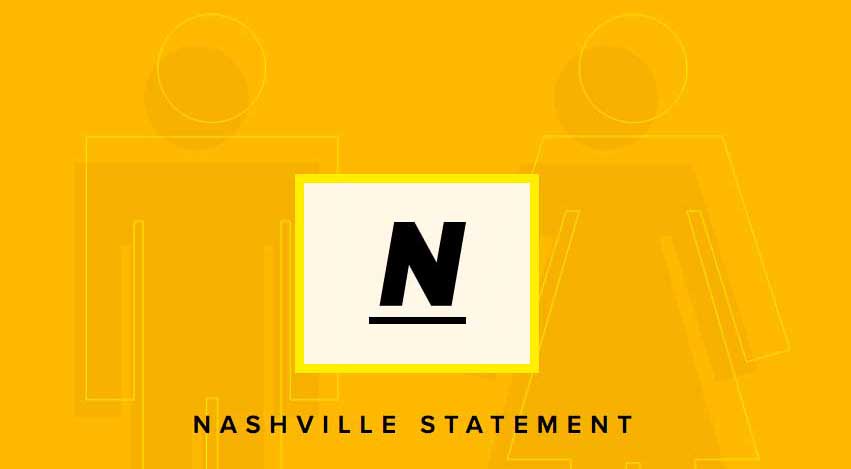View
Young Adult Friction
Kristine Wallace Palmer on Novel Superheroes versus the Human Adventure
My daughter is a reading omnivore. A typical 13-year-old, she is old enough to have free rein in the library, but too young to have developed actual taste. She reads science encyclopedias, Westerns, joke books, parenting manuals, classics like
A Tale of Two Cities, and, of course, young adult novels.
The only part of this joyfully haphazard program that I do not recognize from my own childhood is the young adult novel. These have changed significantly since the 1980s and 1990s. Never fear, there is a still a "YA" section in the local library, and it is still populated by musty beanbag chairs and paperbacks with cheesy cover art. Some of what's behind those covers is still familiar, too. The Fault in Our Stars, one of the best-selling YA books of the last decade, is about two teenagers who fall in love, both of whom have cancer. That particular theme—doomed romance—has been well-represented in teen literature down through the ages.
A new genre has popped up in the YA category, however. Like an invasive species, it is slowly taking over shelf space from the domestic melodramas, coming-of-age tales, and classic adventure stories that used to predominate. I'm going to call this new genre the superhero adventure story.
Super, but Not Interesting
In the superhero adventure story, the hero or heroine does not want to grow up, leave home, fall in love, or explore any part of the universe whatsoever. Apparently authors think that the wanderlust that characterized the young protagonist of yesterday would feel inauthentic to the teen of today. Frequently, then, the plot is constructed so as to compel the hero to leave home. The fate of the world, it is explained, hangs in the balance.
Often this is laid on absurdly thick. Consider the 1952 classic adventure novel The Voyage of the Dawn Treader. In C. S. Lewis's original novel, Caspian sets sail on a "glorious venture"—that is, for the sheer fun of it, and also to fulfill a vow he made to find the lost Lords of Narnia. He is not trying to save Narnia from any sort of peril. "You don't suppose I'd have left my kingdom and put to sea unless all was well," he says.
Tastes have changed. In the 2010 Walden Media film version, the child protagonists must defeat a sinister green mist. The mist "seeks to corrupt all goodness" and "steal the light from this world."
Having established the existential threat, the recipe calls for the hero to make one last-ditch effort to stay safely cocooned at home. "Why must I be the one to go?" he asks, in tones reminiscent of my ten-year-old's when he asks why he must be the one to sweep the kitchen floor. The answer is that the hero must go because he is in some way singular, super, or "chosen." The reluctant champ-ion—the Achilles model—is the quintessential superhero protagonist.
Achilles' fate is marked out from birth. He is "the chosen one"—or is that Harry Potter? Percy Jackson, hero of the best-selling The Lightning Thief, turns out to be a demi-god. Tris Prior, heroine of the popular Divergent series, is "divergent" from other people and immune to mind-control serum. Mare Barrow, heroine of the smash hit Red Queen, has special blood running through her veins. So does Clary Fray, heroine of The Mortal Instruments books, movie, television show, and graphic novel. Her special blood makes her half angel, which is way better than being a mere "mundane," i.e., a regular, non-special-blood person. Better, maybe, but not more interesting.
When your very blood is special, everyone sees right away where your story is going.
Kristine Wallace Palmer is a homemaker and the mother of nine. She and her family attend Catalina Lutheran Church in Tucson, Arizona, where her husband is assistant pastor and chaplain for the University of Arizona.
subscription options
Order
Print/Online Subscription

Get six issues (one year) of Touchstone PLUS full online access including pdf downloads for only $39.95. That's only $3.34 per month!
Order
Online Only
Subscription

Get a one-year full-access subscription to the Touchstone online archives for only $19.95. That's only $1.66 per month!
bulk subscriptions
Order Touchstone subscriptions in bulk and save $10 per sub! Each subscription includes 6 issues of Touchstone plus full online access to touchstonemag.com—including archives, videos, and pdf downloads of recent issues for only $29.95 each! Great for churches or study groups.
Transactions will be processed on a secure server.
more on education from the online archives
more from the online archives
calling all readers
Please Donate
"There are magazines worth reading but few worth saving . . . Touchstone is just such a magazine."
—Alice von Hildebrand
"Here we do not concede one square millimeter of territory to falsehood, folly, contemporary sentimentality, or fashion. We speak the truth, and let God be our judge. . . . Touchstone is the one committedly Christian conservative journal."
—Anthony Esolen, Touchstone senior editor





